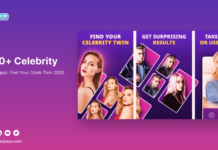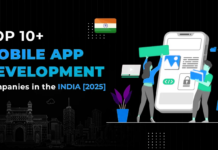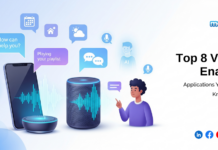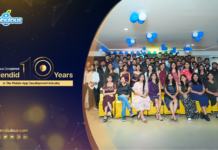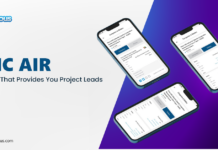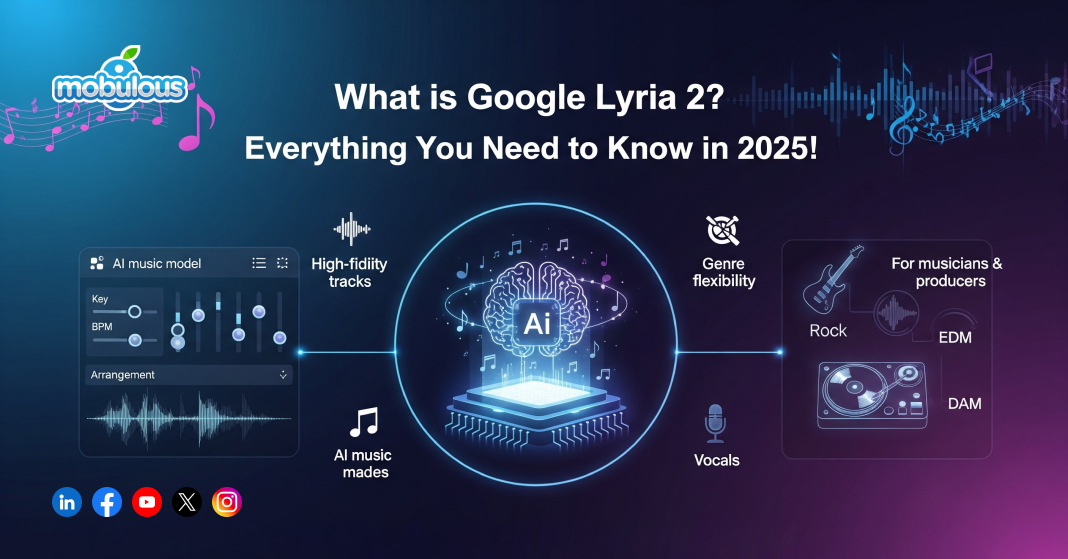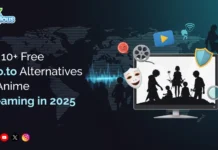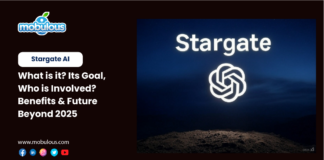Understanding Lyria 2
Lyria 2 is an advanced AI music generation model built with insights from professional musicians and producers. It allows artists to create music using text prompts while controlling key, BPM, and arrangement details. Designed for high-fidelity output, it can produce professional-grade tracks across a vast range of genres and styles.
Want to explore more innovative solutions? Check out a media & entertainment app development company for expert services.
Lyria 2 Key Features
1. High-Fidelity Output
Lyria 2 produces 48 kHz stereo audio, which is rich and detailed. It captures subtle differences in instruments and playing styles. The audio is professional-grade and ready for immediate use in projects without the need for heavy post-production work.
2. Granular Creative Control
Musicians can tweak every detail of their track, such as tempo, tone, or arrangement. This helps them match their exact creative vision. Lyria 2 makes it possible to shape music precisely without sacrificing artistic intent.
3. Wide Genre Coverage
Lyria 2 supports a variety of genres, such as classical, jazz, pop, and electronic. Artists can explore familiar styles or try something completely different. The model makes switching genres effortless and fun.
4. Real-Time Generation
Music can be created in minutes, helping artists test ideas quickly and easily. This speed helps them overcome creative blocks. It also allows experimentation with multiple variations in less time.
5. Watermarked AI Audio
Lyria 2 includes SynthID watermarking, which marks audio as AI-generated without affecting sound quality. The watermark is invisible to the ear but allows tracks to be identified. It’s a step toward responsible AI music creation.
Read more: Top 10+ Music App Development Companies in USA @ 2024
How Lyria 2 Works
Lyria 2 is trained on a wide range of music, learning from different styles, instruments, and production techniques. The user gives a text prompt with details like genre, key, BPM, or mood. This model processes this and generates a complete, high-quality track.
Lyria 2 Applications
1. Songwriting Assistance
It can generate melodies, harmonies, and chord progressions. This helps artists start new songs or improve existing ones. The tool works well for sparking fresh ideas.
2. Film Scoring
It can produce orchestral and cinematic tracks. It’s great for background music in films, trailers, and games. The model adapts to different moods and atmospheres.
3. Genre Exploration
Musicians can experiment with unfamiliar styles, such as Sinti jazz, psychedelic cumbia, or UK garage. This encourages creative growth and variety.
4. Idea Prototyping
Producers can create quick drafts of a song. They can test arrangements before final production. This saves time and resources in the creative process.
5. Educational Tool
Music students can learn composition techniques interactively. They can explore instrumentation and arrangement in a hands-on way. It can make music education more engaging.
How to Use Lyria 2
To use Lyria 2, first join the waitlist. Once approved, log in to the platform. Type a prompt describing style, mood, and tempo. The model will create a track based on those inputs. You can adjust the key, BPM, and arrangement before saving your work.
Lyria 2 Pros & Cons
| Pros of Lyria 2 | Cons of Lyria 2 |
| High-quality audio generation | Limited current user access |
| Supports many musical genres | Not all genres have been perfected yet |
| Detailed creative control | Language coverage is still limited |
| Fast composition turnaround | Requires an AI learning curve |
| Built with artist feedback | Dependence on internet access |
Limitations of Lyria 2
1. Access Restrictions
Currently, only a small group of testers can use Lyria 2. Wider public availability will depend on further development, testing, and refinement of the system to meet professional standards.
2. Genre Coverage Gaps
While it supports many styles, some niche or highly specific genres may not yet have perfect representation. These areas are expected to improve with ongoing model training.
3. Language Limitations
Lyria 2’s lyrics and prompt interpretation are primarily in English. Expanding to other languages will make it more accessible to musicians worldwide, but this feature is still under development.
4. Learning Curve
While user-friendly, mastering Lyria 2’s prompt-based control system takes time. Artists need to experiment with prompt structure and settings to fully unlock their potential.
5. Performance Variation
Complex prompts can produce variable results, and some compositions may require multiple generations to achieve the perfect output. This is part of the refinement process for AI-generated music.
Lyria 2 vs Lyria 1
| Feature | Lyria 2 | Lyria 1 |
| Audio Quality | 48 kHz professional audio | Lower fidelity |
| Genre Range | Wide, multi-genre support | Limited |
| Creative Control | Granular fine-tuning | Basic adjustments |
| Watermarking | SynthID integration | None |
| Real-Time Generation | Faster, near-instant | Slower |
Future of Lyria 2
1. Wider Public Access
Plans are underway to expand Lyria 2 access beyond testers, enabling more musicians worldwide to integrate AI into their creative workflows.
2. Expanded Genre Mastery
Further training will allow Lyria 2 to produce highly accurate outputs across even more genres, including niche and experimental music styles.
3. Multi-Language Lyric Support
Developers aim to enhance Lyria 2’s capability to handle multiple languages in both prompts and generated lyrics, making it more globally inclusive.
4. Enhanced Real-Time Features
Live generation tools will be improved for collaborative performances, allowing artists to create and adapt music on the fly.
5. Tighter Artist Integration
Continuous collaboration with professional musicians will guide the model’s training, ensuring it meets the evolving needs of the music industry.
Read more: 5 Live App: An app to quickly find happy hour or live music in your area
Conclusion
Lyria 2 takes AI music generation to a new level. It offers high-quality sound, creative control, and broad genre support. While it’s still limited to testers, its potential is clear. As it grows, it could change how musicians create and explore music.
Interested in creating a seamless app experience? Check out a mobile app development company for top-tier services.
FAQs – Lyria 2
Q1. How much does Lyria 2 cost?
The cost for Lyria 2 hasn’t been revealed yet. Since it’s currently available only to selected testers, pricing details will likely be shared closer to its public launch, along with any subscription or licensing options for different types of users.
Q2. How to access Lyria 2?
You can access Lyria 2 by joining the official waitlist. Selected testers receive access to its full suite of features, enabling them to generate music from prompts and customize tracks to match their creative visions.
Q3. How does Lyria 2 work?
Lyria 2 processes text prompts that specify details like genre, BPM, key, and mood. It then uses AI to generate high-quality audio, offering fine control over arrangement and instrumentation to produce music that aligns with the user’s creative intent.
Q4. When was Lyria 2 released?
Lyria 2 hasn’t been officially released to the public. It is currently being tested by a limited group of trusted users, who are providing feedback to help refine its capabilities before a wider rollout.
Q5. What is the Lyria 2 music model?
The Lyria 2 music model is an AI system capable of producing professional-grade music across multiple genres. It offers precise creative control, supports high-fidelity output, and uses watermarking technology to ensure responsible identification of AI-generated audio.




